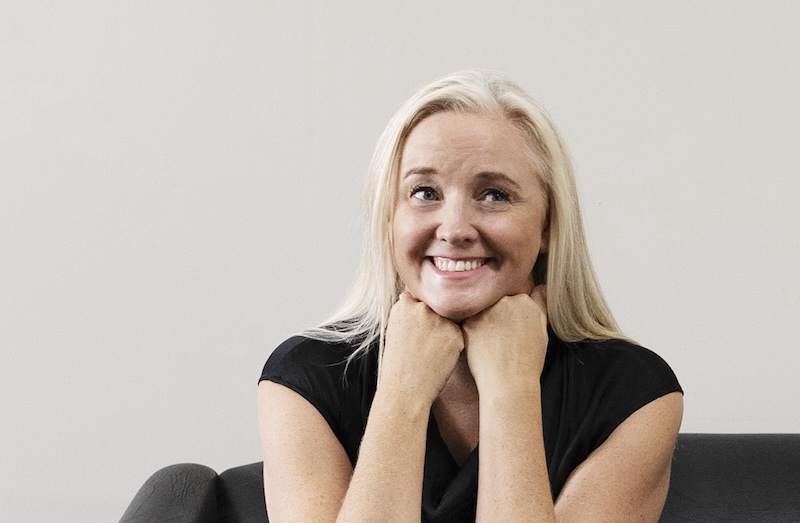On May 29, Peter Wilton, a professor of marketing at the University of California, Berkeley will address an audience on how businesses work on remaining relevant in an uncertain future. In preparation for his talk, he catches up with StopPress’ Zahra Shahtahmasebi to give a little insight to what he will cover. Read on to find out how you can win tickets to the event.
Disruption is an inherently negative word, but to thought leader Peter Wilton, it is a business’s key to success and survival.
“Creating disruption is positive, it changes views on who the key provider is… it’s essentially a reframing of value in a particular market,” says Professor Wilton.
“Disruption occurs across every industry… we talk about it a lot in the guise of digital transformation, innovation, strategy – they’re all essentially related.”
In a little over a week, Wilton will be sharing these thoughts and more in an exclusive presentation organised by the Marketing Association at Auckland’s Sky City Theatre on May 29.
The Australian-born professor mostly splits his time between home and the US, where he has long been a professor of marketing at the business school at the University of California, Berkeley. The remaining time is spent travelling for keynote speeches and presentations, like next week’s one.
He catches up with StopPress from Sydney to give a little teaser of the upcoming talk, titled: Reframing customer value: The disruption opportunity.
Contrary to what most people think, it isn’t technology, either the advent of new or new uses for existing technology, that causes disruption, but rather the identification of gaps in the market, says Wilton.
“An organisation finds an underserved customer need, and addresses that need, creating value.”
Creating new categories is a good example of this, says Wilton, referring to rideshare companies like Uber, a category that didn’t exist until someone suddenly saw a gap that needed filling.
The caveat is that disruption can break you, in much the same way that it can make you – in the cases where it’s not successful, or you’re not the one actually doing the disrupting, says Wilton.
“If you do a good job, you survive. If you do a lousy job, you disappear.”
And where there’s many trying to exist and disrupt in the same place, the first one to deliver their offering effectively and show the customer a new way of doing things will be successful, he adds.
Fundamentally, disruption is the purpose of the startup, he explains, which aims to create value to attract capital and customers and create a world of offers that didn’t exist before.
Getting caught in the “if it’s not broken, why fix it” mindset can be one of the biggest challenges existing companies face in terms of pursuing disruption and innovation – this is something Wilton sees a lot.
Businesses spend so much time on building the perfect business model, for scale, reliability and safety that they don’t feel or recognise the need to disrupt. What’s important here is a willingness to experiment and test, he explains.
New Zealand is well-placed for this, being a country full of small-to-medium enterprises that have the agility to trial new things.
“But a problem in Australia and New Zealand is that they often limit their view and start with the domestic market, which is small – [they’re] not thinking big enough.
“You have to think big, you have to play to win and think globally.”
The ultimate risk for any business is staying the same – without constantly looking to change, it’s hard to react, and they may end up missing the boat, says Wilton.
After establishing your business model and core values, getting started on the journey to constant innovation begins with a blank piece of paper and a list of questions for your customers, including “What doesn’t exist in today?”
But the most important question businesses should always be asking themselves is: “How do I remain relevant?”
To hear more of Professor Peter Wilton’s thought-provoking insights, StopPress is running a giveaway to his talk on May 29. The first three people to scan the below QR and send us an email, will receive a free ticket to his presentation.
Otherwise, tickets can be purchased online from the Marketing Association via iticket.





















Discussion about this post